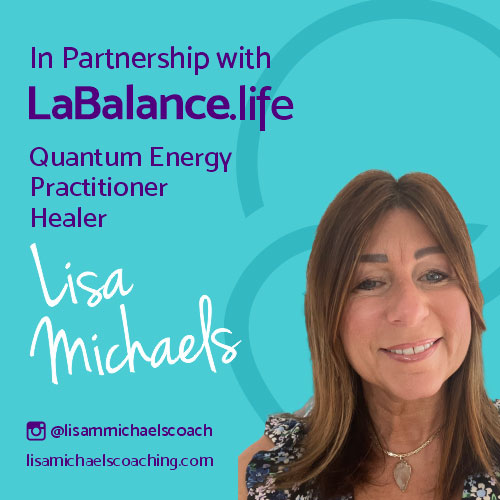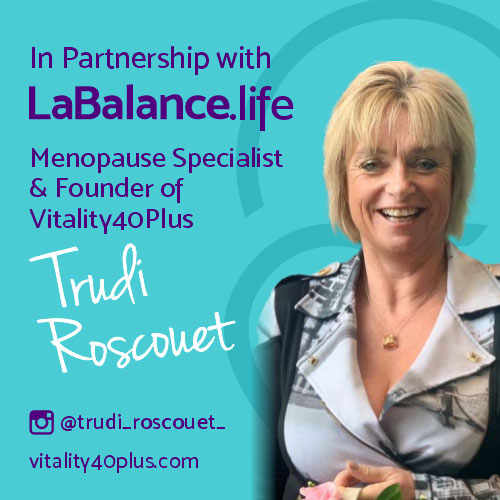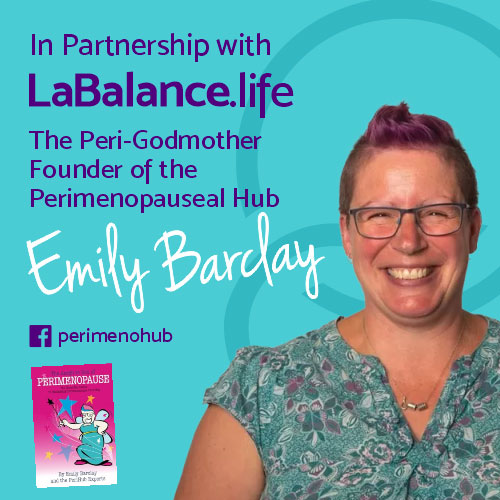Menopause can be a confusing and bewildering time. If you never discussed menopause with your Mother or any other family member, then the chances are you will be pretty clueless going into it. However, fear not because we’re here to help you by addressing some of the most commonly asked questions by women who are reaching the golden age of menopause.
Am I Perimenopausal?
If you’ve heard of ‘perimenopause’ then that’s a great start, as surprisingly many women haven’t. Perimenopause is classed as the years leading up to menopause, when your body begins to reduce the production of progesterone and oestrogen hormones, but hasn’t completely stopped. You will therefore still have your periods, but they could become irregular, lighter or even heavier as your body starts to change. To determine if you are officially ‘perimenopausal’ isn’t a straightforward process, not everyone will experience symptoms, plus the age at which we reach perimenopause varies greatly. Typically women go through perimenopause during their early to mid-40s but in some cases it can even occur as early as your late thirties.
When am I officially in menopause?
You are menopausal when your body completely stops the production of progesterone and oestrogen hormones. Your body will therefore no longer release eggs from the ovaries and you are no longer reproductive, meaning you can’t have anymore children. You are officially menopausal when you haven’t had a single period for at least twelve months.
A hysterectomy (surgically menopausal) results in the body becoming menopausal from the removal of the uterus. However, you might still experience periods for up to five years. An oophorectomy (where the ovaries are removed) will result in immediate menopause following surgery and you will no longer menstruate.
My Mother had few symptoms, will I be the same?
Regardless of your mother’s or sister’s experience with menopause, your own experience will be unique to you. Just because a family member had an easy ride or a terrible time, does not mean you will be the same. Menopause symptoms are not hereditary. Please read our blog post about why some women suffer more than others, if you would like further information on this.
Will I lose my sex drive?
You might notice a loss of sex drive as a result of other menopause symptoms such as hot flushes, night sweats, weight gain and vaginal dryness, or simply due to the loss of oestrogen and testosterone. This isn’t to say as soon as you hit menopause you will immediately no longer want sex, in fact some women have reported the complete opposite; remember everyone is different.
If you do start to feel a decreased desire for your partner and sex becomes less frequent as a result, then we highly recommend trying the LaBalance device. LaBalance has been proven to help up to 71% of menopausal women for 24 different symptoms.
These are of course only a handful of the questions you might have, but we’re always around to answer your questions and help you better understand menopause. You can contact us on our Facebook or Twitter page and let us know what else you’d like clearing up. You might also like to read these common menopause myths.




